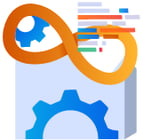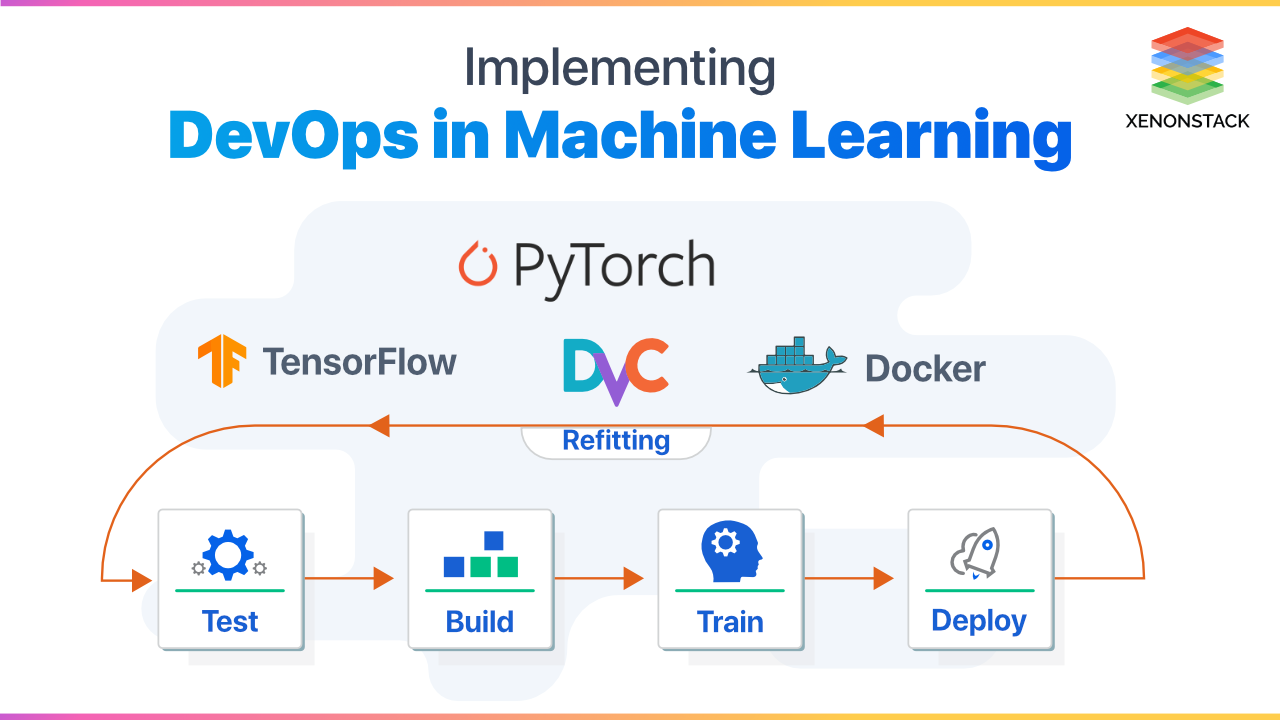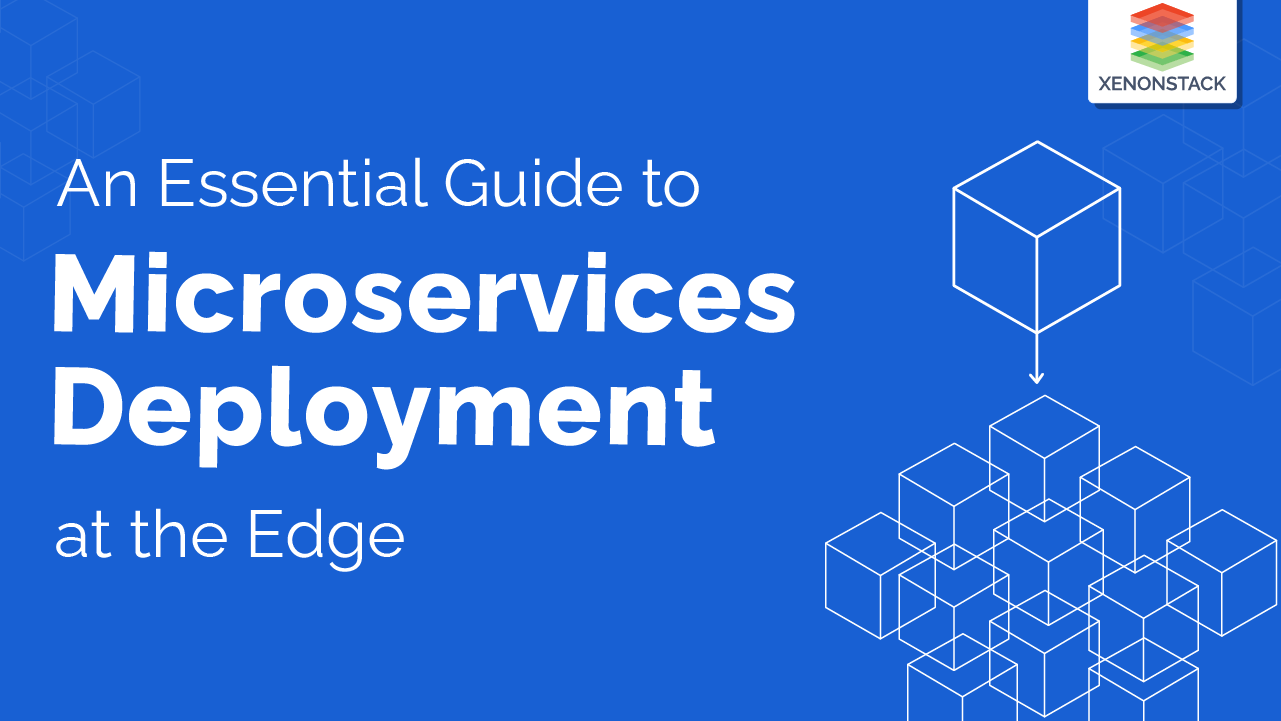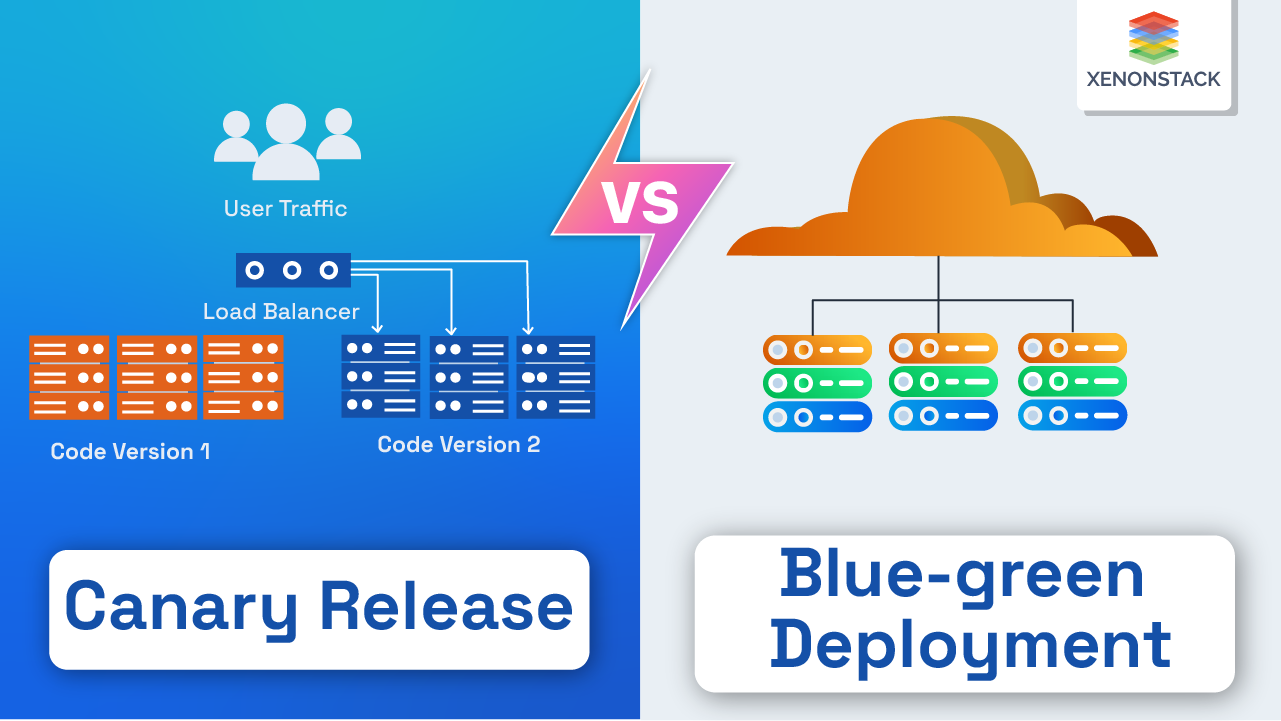
Introduction to DataGovOps
In today's era, data has become one of the most valuable assets for organizations. With the rise of big data, machine learning, and artificial intelligence, managing and governing data has become critical. Hence DataGovOps, which merges data governance, DevOps, and DataOps methods into a unified approach, has evolved to manage data across the full data lifecycle. Organizations can use their data better, improve decision-making, raise productivity, and increase operational efficiency by utilizing it, reducing the time and expense of data administration. Let's examine the definition of it, its significance, essential elements, implementation, obstacles, and benefits.
The evolutionary approach by giving the software in increments and transferred to the client for feedback. Taken From Article, DevOps Best Practices for Data Engineers
What is DataGovops?
As discussed, it is an approach that combines data governance, DevOps, and DataOps practices to manage and govern data. These procedures are combined into a single framework for handling data across an organization. Through automation, collaboration, and monitoring, it seeks to increase the reliability and accessibility of data utilized by businesses. Combining these techniques makes it possible to manage data completely, from its ingestion to its processing, analysis, and storage, while also ensuring its accuracy, dependability, and security. It involves the development of policies, procedures, and standards to ensure data is managed effectively.
Data governance in it ensures that data is managed according to legal regulations and industry standards. It ensures that organizations can manage their data in compliance with these requirements, reducing the risk of non-compliance. Data management takes less time and money due to DevOps principles that make the procedures automated, efficient, and collaborative. Last, DataOps enhances data quality and availability by observing and enhancing data pipelines and workflows.
The importance of it lies in the value of data to an organization. Data is a key asset that drives decision-making, and the quality of the data used for decision-making can significantly impact an organization's success. This, in turn, leads to improved decision-making, productivity, and operational efficiency.
A new and independent view approach to data analytics based on the whole data life cycle. Taken From Article, DataOps Architecture in AWS, Azure, and GCP
What are the key components of DataGovOps?
Data governance, DevOps, and DataOps are the three main parts.
Data Governance
Data governance ensures that the organization's data is consistent, accurate, complete, and used ethically and legally. As data management rules, guidelines, and policies are the core of data governance, it guarantees that data management complies with legal obligations and professional standards. The tasks and obligations of those participating in data management are also outlined by data governance.
DevOps
DevOps is a set of practices that combines software development (Dev) and IT operations (Ops). DevOps aims to shorten the system development lifecycle and provide continuous delivery with high software quality. The DevOps set of principles aims to streamline and automate the procedures for maintaining infrastructure and software. In it, DevOps techniques are used to automate and streamline data workflows, lowering the time and expense associated with managing data.
DataOps
By keeping an eye on and enhancing data pipelines and workflows, data operations (DataOps) practices aim to increase the quality and availability of data. DataOps procedures include data quality testing, data versioning, continuous integration and delivery (CI/CD), and pipeline monitoring. These procedures help ensure that data is high caliber, easily accessible, and readily available when required.
For it to work, these three elements must be integrated. Data governance ensures that data is managed per legal obligations and industry standards. DevOps approaches help reduce the time and expense associated with maintaining data by ensuring that data workflows are automated, streamlined, and collaborative. By monitoring and enhancing data pipelines and workflows, data operations focus on enhancing the quality and availability of data.
Makes sure data follows both internal and external mandates and data is secure, private, accurate, available, and usable. Read here about, Data Governance
How to adopt DataGovOps?
Its implementation calls for a clear strategy and a systematic approach. The standard procedures listed below can be used by businesses to achieve it:
Define a data governance framework
Provide a framework for data governance by defining the policies, practices, and standards for data management and the roles and responsibilities of the many parties involved.
Automate data workflows
Automate data workflows to save time and money by streamlining and automating data activities using DevOps techniques.
Data quality testing
Continuous data quality testing should be used to verify that the data is of the highest possible quality.
Check data pipelines
Check data pipelines to ensure that data is available when requested and is simple to obtain.
Collaboration
Work together across teams: Effective adoption requires cooperation amongst teams, including data scientists, data engineers, and business stakeholders.
Adopting latest technology
Utilize modern tools and technology, such as CI/CD tools, data management systems, and tools for testing data quality to support DataGovOps.
Having a solid data strategy that allows businesses to make the most of their data and business intelligence investments. Taken From Article, Elements of Data Strategy
What are the challenges to DataGovOps?
Its implementation can present some challenges. Some of the most common challenges include:
Resistance to change
It requires a cultural shift, and some individuals and teams may resist change.
Lack of skills and expertise
Implementing it requires many skills and expertise, including data governance, DevOps, and DataOps.
Data Silos
Data silos can be a significant obstacle to its implementation. Data silos occur when data is stored in different systems or departments, making it difficult to integrate and manage it effectively.
Lack of collaboration
Collaboration across teams is essential for DataGovOp's success. However, collaboration can be challenging in some organizations.
Data security and privacy
Data security and privacy are critical concerns for it. Ensuring that data is secure and compliant with regulations can be a challenge.
An agile development practice that brings the existing DevOps to data engineers and scientists to support data-focused companies. Click to explore about our, DataOps Best Practices for Data Management
What are the advantages of DataGovOps?
The advantages of DataGovOps are described below:
Improved data quality
Its guarantees that data is accurate, reliable, and of the best standard, which enhances decision-making and operational effectiveness.
Increased productivity
Productivity gains: Data workflow automation and simplification result in higher output and less time- and money-intensive data management.
Improved Collaboration
Collaboration is improved: Decision-making and operational efficiency are improved when teams comprising data scientists, data engineers, and business stakeholders collaborate.
Regulatory compliance
It ensures that data is managed per legal requirements and industry standards, lowering the risk of non-compliance.
Enhanced security and privacy
Improved data security and privacy: It ensures that data is safe and in accordance with laws, lowering the danger of breaking data breaches and laws.

Conclusion
In conclusion, it represents a significant shift in how organizations manage their data. By aligning three main components, and organizations can reduce the time and cost while managing the data. It is not only a technology solution but also involves cultural and organizational changes that require a holistic approach. To succeed with it, organizations must invest in people, processes, and technology, establish clear goals and metrics, and continuously monitor and improve their data management practices. With the right mindset and tools, organizations can leverage DataGovOps to unlock the full potential of their data, make better decisions, and gain a competitive advantage in the market.
- Explore here PlatformOps and its Benefits for DevOps
- Read about DevOps for Databases and Why it is Important?


